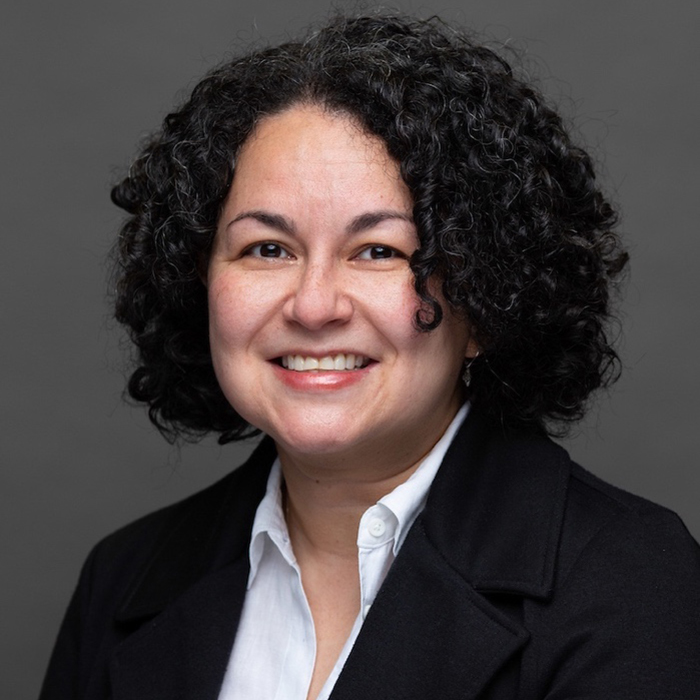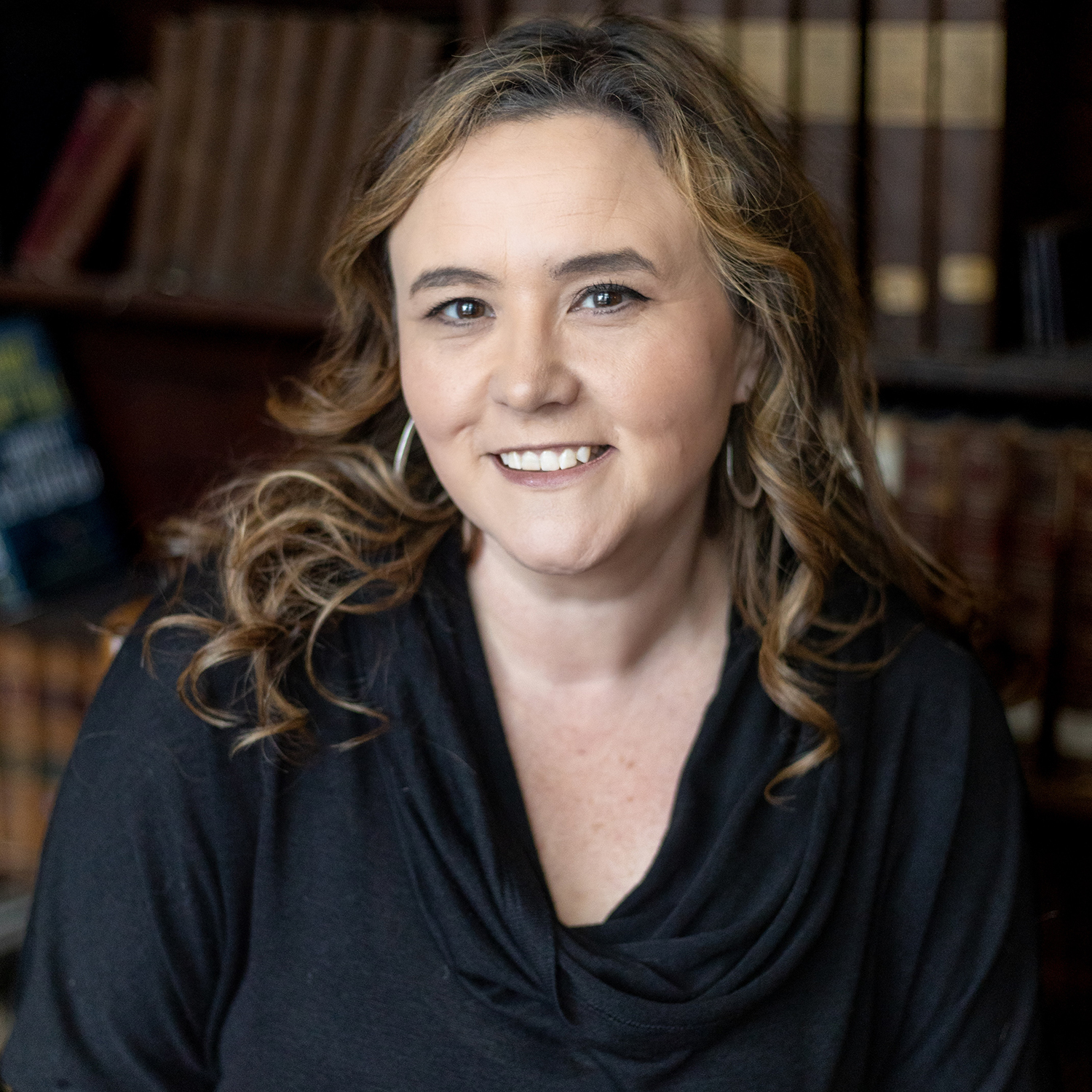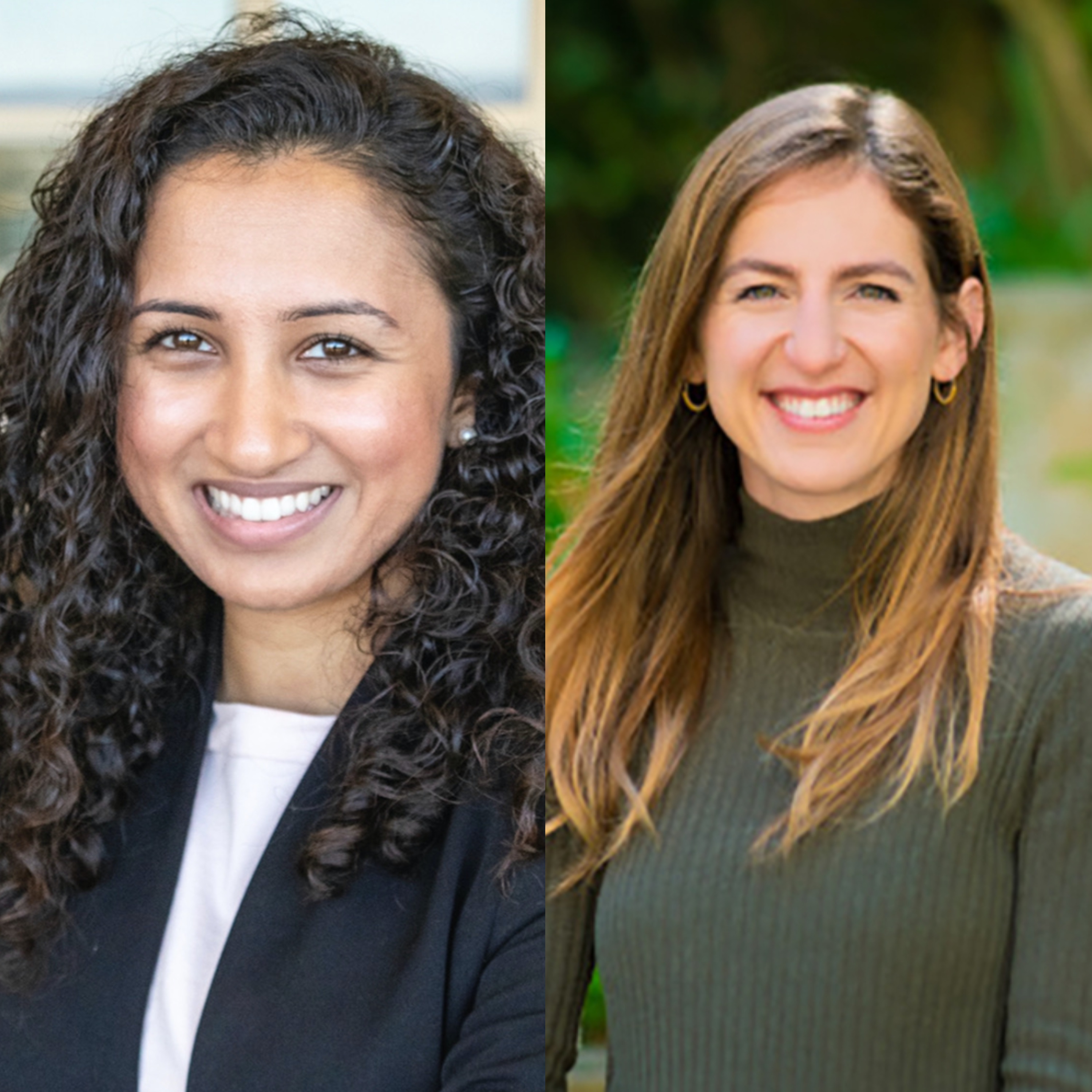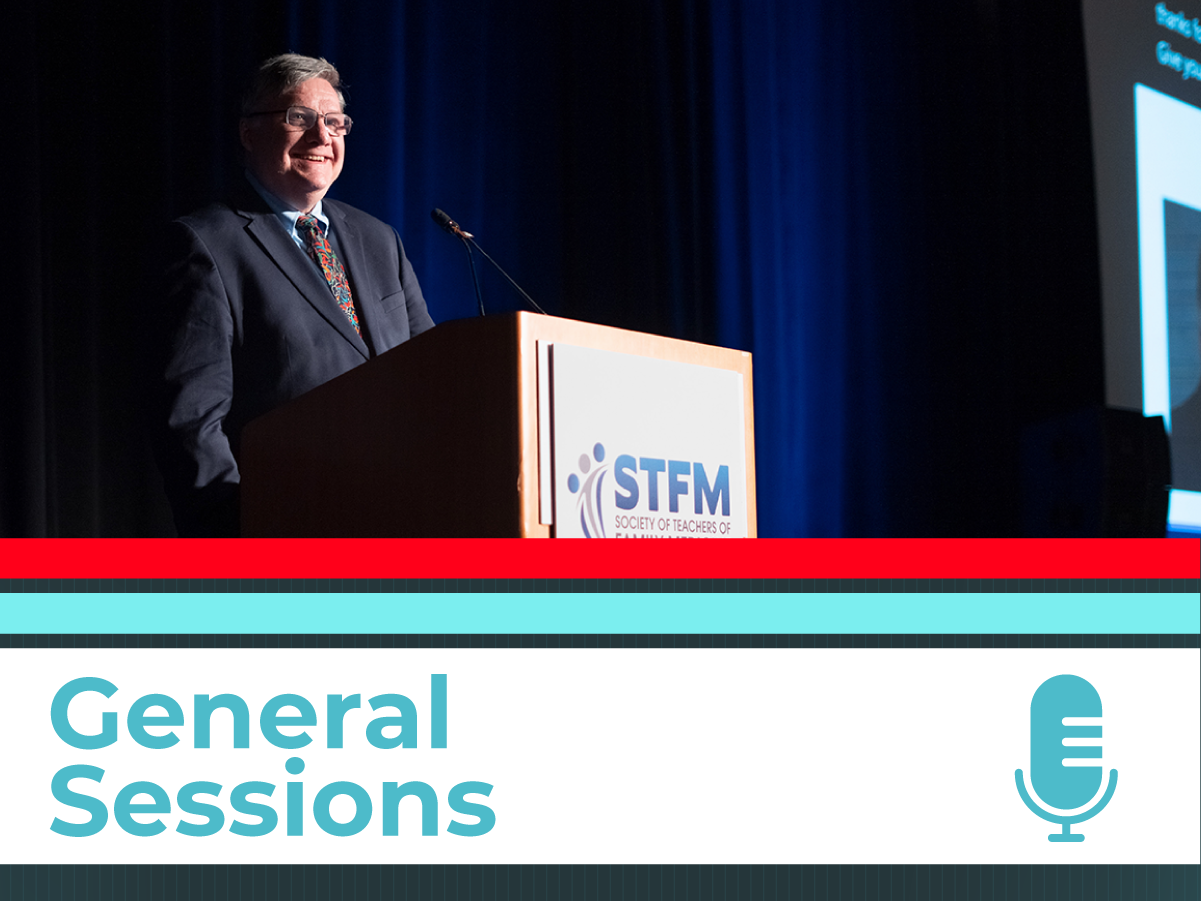General Sessions
Evelyn Figueroa, MD
University of Illinois Chicago
Extending Beyond Medical Dispositions — Exploring and Utilizing Your Community’s Safety Net
Session Overview
Dr Figueroa is a Chicago-based family physician who has operated an anti-poverty nonprofit since 2017. In this session, Dr Figueroa will share her academic journey to community-centered family medicine and provide best practices for locating social services across the country. From city-funded assistance to programs sponsored by non-government organizations, support varies significantly across the country. Dr Figueroa will share her approach for swiftly locating free resources that address gaps in social determinants of health.
Learning Objectives
Upon completion of this session, participants should be able to:
- Describe how state residency, gender, marital status, and other social markers resource access.
- Improve their skills at locating patient-centered community resources.
- Reflect on how three social determinants, including racism, impact the health of their patients.

About the Presenter
Evelyn Figueroa, MD, is the founder and executive director of the Figueroa Wu Family Foundation, an anti-poverty organization. She serves as the director of the Pilsen Food Pantry, the Foundation’s largest program. From an early age, Dr Figueroa recognized the dire effects of poverty and discrimination on Chicago communities. She became a family physician in the hopes of serving marginalized populations. For over 2 decades, Dr Figueroa has worked as an academic physician and is currently a professor and the director of community engagement in her department. With her students in mind, Dr Figueroa built the nonprofit to provide experiential service learning and allow community based participatory research. In the summer of 2023, Dr Figueroa sponsored medical students for the creation of a free health clinic for uninsured people in the Pantry’s building. Dr Figueroa has received numerous awards for her teaching and advocacy work. In 2024, she was given an Illinois Academy of Family Physicians President’s Award and in 2025 Dr Figueroa was honored with the STFM Advocate Award.
Megan W. Gerhardt, PhD
Miami University's Farmer School of Business
Scott Fields Lecture: Unlocking Gentelligence
Session Overview
It’s time for smarter intergenerational conversations. With five distinct generations currently in today’s workplace, organizational leaders and teams frequently encounter frustration and complexity when managing intergenerational dynamics. In this engaging keynote, Megan W. Gerhardt, PhD, pushes back on lazy generational stereotypes to understand why generations bring different norms into the workplace. Using the Gentelligence® framework, Dr Gerhardt shares actionable, practical strategies to help transform generational diversity from a perceived challenge into a competitive advantage for your organization. Using powerful questions, Dr Gerhardt talks about ways to dismantle harmful age-based stereotypes, identify and address barriers to effective intergenerational collaboration, and develop practical approaches that replace generational bias with genuine curiosity and openness. Using the 4 practices of Gentelligence®, Dr Gerhardt will walk through how to have meaningful intergenerational dialogue to create organizational cultures that leverage the unique strengths each generation brings to the workplace. By the end of this engaging session, attendees will possess concrete tools to foster understanding, connection, and collaborative success across all generational cohorts within their teams.
Learning Objectives
Upon completion of this session, participants should be able to:
- Develop practical strategies for replacing generational stereotypes and judgment with genuine curiosity and openness to different perspectives.
- Create smarter intergenerational conversations through strategic “power questions” that foster understanding and connection.
- Apply four key practices of Gentelligence® and ways to apply them to workplace challenges.

About the Presenter
Megan W. Gerhardt, PhD, is a professor of Management and Leadership at Miami University's Farmer School of Business. In addition to her academic work, she consults and speaks with leading organizations worldwide on leveraging generational diversity in the workplace and is the author of "Gentelligence: A Revolutionary Approach to Leading an Intergenerational Workforce".
Her Gentelligence® framework was featured as Harvard Business Review's Big Idea in March 2022 and selected for Harvard Business Review's Top 10 Must Reads for 2024. Through her work (www.gentelligence.org), Dr Gerhardt focuses on harnessing individual differences to drive impact and exceptional performance.
Karly Hampshire, MD; Natasha Sood, MD, MPH; and Bhargavi Chekuri, MD (Moderator)
New York Presbyterian Columbia University Medical Center; Brigham and Women’s Hospital; University of Colorado
Rising Voices, Lasting Change: Intergenerational Leadership in Planetary Health Education
Session Overview
Climate change is the greatest health threat of the 21st century, yet medical education has been slow to prepare future physicians for its wide-ranging impacts on health systems and patient care. In this session, we spotlight the power of student-led innovation in advancing climate and health education through two globally recognized initiatives: the Planetary Health Report Card (PHRC) and Climate Resources for Health Education (CRHE). Both began as grassroots projects by medical students who identified gaps in their training and took action to fill them. PHRC now benchmarks health professional schools internationally on planetary health curriculum, research, and operations, while CRHE has developed a growing library of open-access teaching materials to equip faculty with ready-to-use climate and health resources.
Through a panel discussion with the co-founders of PHRC and CRHE, participants will hear first-hand stories of how these initiatives were built, scaled, and sustained as international collaborations. Panelists will reflect on their “aha” moments, early challenges, and lessons learned in fostering inter-institutional collaboration, leveraging mentorship, and bridging the gap between education and clinical practice. As both panelists now train as residents, they will also share how their perspectives on climate and health education have evolved with greater exposure to patient care and health systems.
This session will equip educators, learners, and leaders with practical insights on cultivating an entrepreneurial mindset, leveraging collaboration, and supporting the next generation of change agents in climate and health education.
Learning Objectives
Upon completion of this session, participants should be able to:
- Describe how trainee-led initiatives have advanced climate and health integration in medical education worldwide.
- Identify strategies for fostering collaboration, mentorship, and sustainability in grassroots educational innovations.
- Apply lessons from student innovators to support the development of new climate and health education efforts at their own institutions.

About the Presenter
Karly Hampshire is an internal medicine resident at Columbia University pursuing a career at the intersection of medical education, climate change, and health. As a medical student at University of California San Francisco, Karly founded the Planetary Health Report Card Initiative, a student-led, metric-based initiative to evaluate and inspire planetary health engagement at health professional schools worldwide, now active in over 180 health professional schools in 10 disciplines in 21 countries. She was also awarded the Emerging Physician Leader Award from Health Care without Harm for her Interview without Harm Initiative, an advocacy, research, and educational campaign urging decisionmakers to prioritize sustainability and equity in evolving decisions about the future of medical training interviews post-COVID. She currently is in the inaugural cohort of the GME Certificate of Distinction in Climate Change, Sustainability and Health at Columbia University.
Natasha Sood is a resident at the Brigham and Women’s Hospital Department of Anesthesiology. She received her Bachelor of Science from the University of Michigan and her Master of Public Health from Columbia University in Environmental Health Science with a specialization in Climate Change and Health. While in medical school at Penn State College of Medicine, Natasha co-founded the national organization, Medical Students for a Sustainable Future (MS4SF), and was awarded the 2020 Emerging Physician Leader Award from Health Care Without Harm. In 2021, she worked with the Global Consortium on Climate and Health Education (GCCHE) to co-found the Climate Resources for Health Education (CRHE). She is passionate about mobilizing communities for change, medical education, and research on the intersection of health systems science, climate, and sustainability.
Questions?
If you have questions about this conference, contact Kim Sevedge at (800) 274-7928 or the email link below.
CONTACT STAFF WITH QUESTIONS
